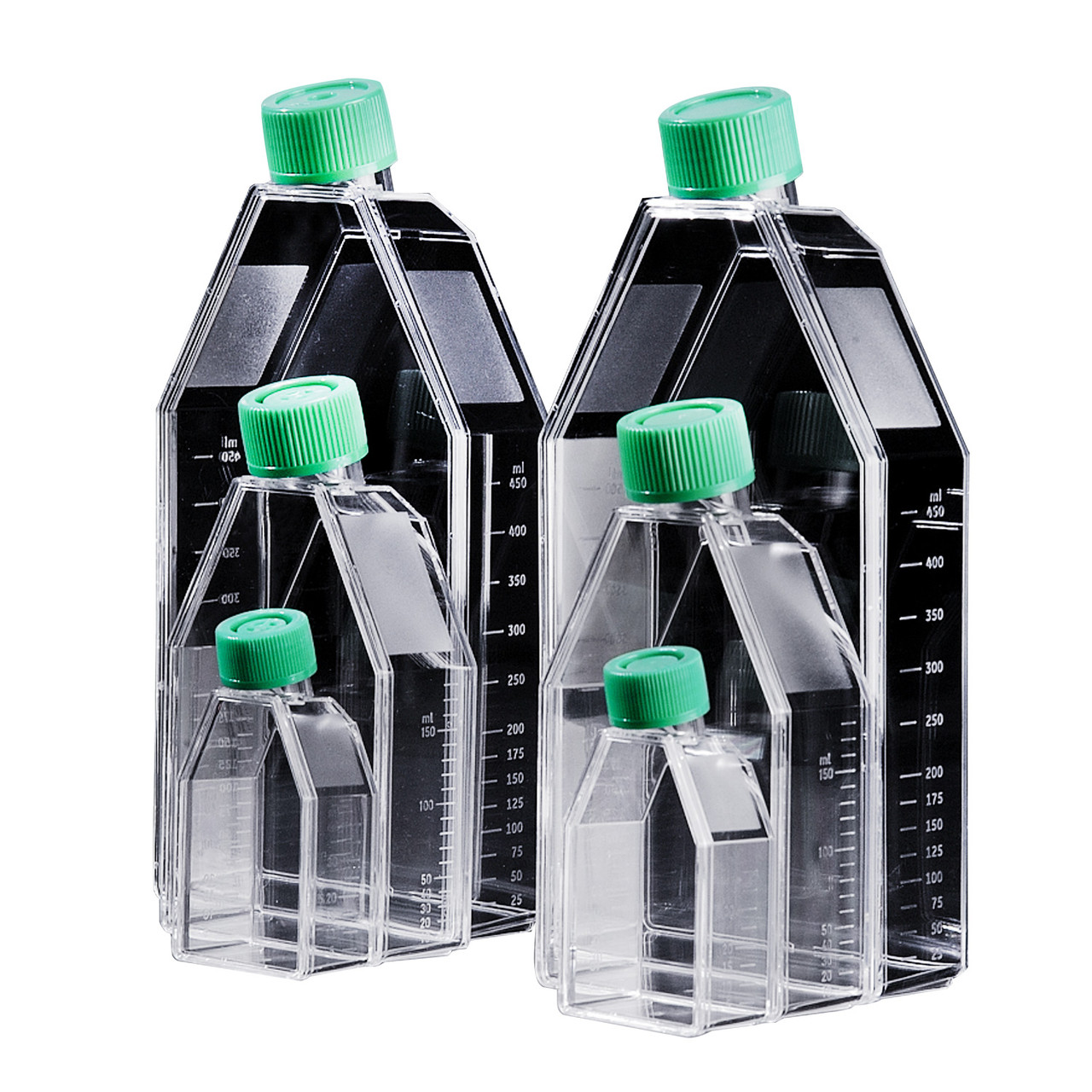In the ever-evolving landscape of biotechnology, one critical tool stands out as the unsung hero: the bacterial growth vessels. These unassuming containers are the foundation upon which countless biotechnological advancements have been built. In this blog, we’ll dive into the world of Bacterial culture flasks, exploring their significance and pivotal role in shaping the biotech industry.
The Power of Bacterial Culture Flasks
Microbial culture vessels are specialized containers designed for the cultivation and growth of bacteria. While they may appear simple, these flasks are the lifeblood of microbiological research and biotechnological processes. They provide a controlled environment where bacteria can thrive, multiply, and interact with various substances, all under carefully monitored conditions.
Facilitating Scientific Discovery
At the heart of scientific breakthroughs lies the need to study and understand microorganisms. Bacterial growth containers enable researchers to do just that. By providing a sterile and controlled environment, scientists can manipulate and study bacteria to uncover their secrets. These flasks are used in diverse fields such as medicine, agriculture, environmental science, and food production.
Key Features of Bacterial Culture Flasks
- Sterility: Bacterial growth containers are manufactured under stringent conditions to ensure absolute sterility. This is crucial to prevent contamination of the bacterial culture, which could lead to inaccurate results.
- Aeration: Many culture flasks come equipped with special caps that allow for controlled aeration. This is essential as it ensures a constant supply of oxygen, promoting bacterial growth and replication.
- Transparency: The transparent walls of culture flasks allow researchers to visually monitor the growth of bacteria. This feature is particularly useful in determining the growth phase and making necessary adjustments.
Biotechnology Advancements
The impact of microbial culture vessels on biotechnology cannot be overstated. Let’s explore some of the key areas where these unassuming containers have played a pivotal role.
- Drug Development
In pharmaceutical research, microbial culture vessels are used to produce therapeutic proteins, enzymes, and antibiotics. These substances are essential for the development of new drugs and therapies. Without the controlled environment provided by culture flasks, it would be impossible to produce these vital components on a large scale.
- Genetic Engineering
Advancements in genetic engineering owe much to bacterial growth containers. Genetic modification of bacteria to produce desired compounds or proteins is a cornerstone of biotechnology. Culture flasks provide the perfect setting for these engineered microorganisms to multiply and produce valuable bioproducts.
- Environmental Biotechnology
In the field of environmental science, microbial cultivation vessels are used to study and harness the potential of bacteria for wastewater treatment, bioremediation of polluted sites, and the production of biofuels. These applications have far-reaching implications for sustainability and pollution control.
- Food and Beverage Industry
In food production, culture flasks play a role in quality control and testing. They help identify and isolate specific strains of bacteria for fermentation processes, ensuring the consistent flavor and texture of food products.
- Medical Research and Diagnosis
Microbial cultivation vessels are integral to microbiological diagnostics. They aid in the identification and characterization of pathogens responsible for infectious diseases. Rapid advancements in diagnostic methods have been made possible due to the cultivation of bacteria in controlled environments.
Summary
As we look to the future, the importance of microbial culture biotechnology is poised to grow. Their adaptability, precision, and versatility make them indispensable tools for researchers and scientists across the globe. Whether in drug development, genetic engineering, environmental biotechnology, or beyond, Microbial cultivation vessels are the building blocks upon which biotech advancements are constructed.

